North-east GPs claim they’re being “scapegoated” by the government over NHS challenges, warning the entire health system is close to collapse.
Doctors at practices across Aberdeen and Aberdeenshire are accusing the Health Secretary of trying to make them appear the “lame man” of the system.
They suggest they’re being made to look bad deliberately to cover up problems caused by “chronic underfunding”.
Opposition politicians are suggesting Humza Yousaf has “lost the dressing room” when it comes to support from health staff.
What did Humza Yousaf say to GPs?
Last month he wrote to every GP in Scotland, highlighting the “false and dangerous” perception that clinics are closed, and don’t provide face-to-face or pre-booked appointments.
But he also said he received “regular correspondence” from MSPs concerned about patient access, using the letter to highlight possible solutions.
Mr Yousaf referenced how changes in Covid restrictions means “there is no longer any onus” to only offer phone and video consultations.
He suggested practices should look to offer more pre-booked appointments, where suitable, and mentioned a fast-track programme to help GPs improve patient access.
The health secretary signed off by saying he was looking forward to “protecting the reputation of general practice” – but the letter has not been well-received by all.
GPs warn entire system is on its knees
The letter prompted Kemnay Medical Group to fire back an explosive rebuttal, saying: “Your words tell us that we are responsible for damaging the reputation of general practice.
“However your actions are to fail to adequately fund general practices to meet this demand.”
It told the health secretary that the complaints about GPs he hears from MSPs “are the cause of Scottish Government health policies”.
The letter, signed by Dr Alastair Glennie on behalf of the whole partnership, highlighted a number of staffing concerns.
He said two senior GPs have retired early amid pension concerns that would leave them “having to effectively pay to work,” while another left for New Zealand to avoid a “broken NHS”.
“We have a full clinical team as is possible with the current funding, but we are still struggling.”
Dr Glennie wrote: “We have a full clinical team as is possible with the current funding, but we are still struggling.
“The solution is to reverse the broken government promises around funding, not berating the few GPs that are left who are already working well beyond safe capacity.”
And he added: “We are losing GP partners, the most cost-effective professionals in the entire NHS, and we are close to the entire of general practice collapsing.
“If general practice fails, the entire NHS fails.”
‘Simply inaccurate’ line pushed by government
The letter also prompted a response from Laurencekirk Medical Practice, which said it’s already triaging patients, offering pre-bookable phone and in-person appointments, and keeping waiting times low.
And through this, its availability for patients is actually better than it was pre-Covid.
“Despite all this, we have examples of patients in our population telling us they could not make any appointment for the last two years,” the doctors wrote.
“This is simply inaccurate and is borne out of the rhetoric that is being played out by the media and Scottish Government to make primary care the lame man of the system.”
The doctors said it later emerged the complaining patients had not even tried to book a slot – but assumed it was impossible “based on the narrative they have been hearing.”
GP group warns of NHS collapse
Additionally, Grampian LMC (Local Medical Committee) issued a damning letter in reply to the health secretary.
The organisation represents GPs across Aberdeen, Aberdeenshire and Moray.
Deputy chairwoman Mishaim Bhana said the perception that GPs are unavailable had led to staff members facing abuse from the public.
“We are disappointed that the Scottish Government has failed to actively counter this false narrative and publicly highlight the real issue of chronic underfunding as the true reason for our profession being in crisis,” she wrote.
We are extremely concerned that this will eventually result in the failure of general practice.”
In its letter, the group pointed to underfunding, understaffing, an ageing population, increased post-pandemic demand and specialist waiting lists as challenges needing addressed.
“General practice continues to be scapegoated as a profession in order to mask the failings of the Scottish Government,” the letter continued.
“We are extremely concerned that this will eventually result in the failure of general practice and, inevitably, the collapse of the NHS.”
Fears over ‘flimsy excuses’
West Aberdeenshire and Kincardine MP Andrew Bowie described the letters as “damning,” remarking: “Humza Yousaf has lost the dressing room and the trust of GPs and nurses.”
He has called on the Scottish Government to do more to train and retain doctors.
And he added: “While the health secretary will blame Covid for not being able to get an appointment, his excuse is flimsy.
“Humza and his minister colleagues need to focus on getting the NHS and GPs up to strength, or we’ll see more health settings close and patients moved elsewhere.”
What is the health secretary saying?
We put the GPs’ concerns directly to the Scottish Government, specifically asking:
- Are GPs being used as a scapegoat to cover “chronic underfunding”?
- Is it concerned about Kemnay Medical Practice’s comment that the entirety of general practice is close to collapse?
- How is it easing concerns about underfunding?
We received a response which said Scotland has more GPs per head than anywhere else in the UK, and that the government has pledged £170 million a year to “grow the multi-disciplinary teams and to further increasing the number of GPs in Scotland.”
We also received a short statement from Mr Yousaf.
He said: “I have been clear that any suggestion that GPs have not been seeing people face-to-face because they did not want to is false.
“We know GP practices are working at capacity and, without expecting more work from our GPs, we need to examine how access arrangements for patients can be improved.”
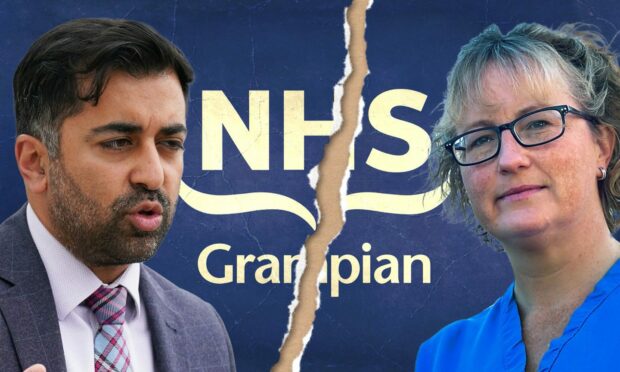
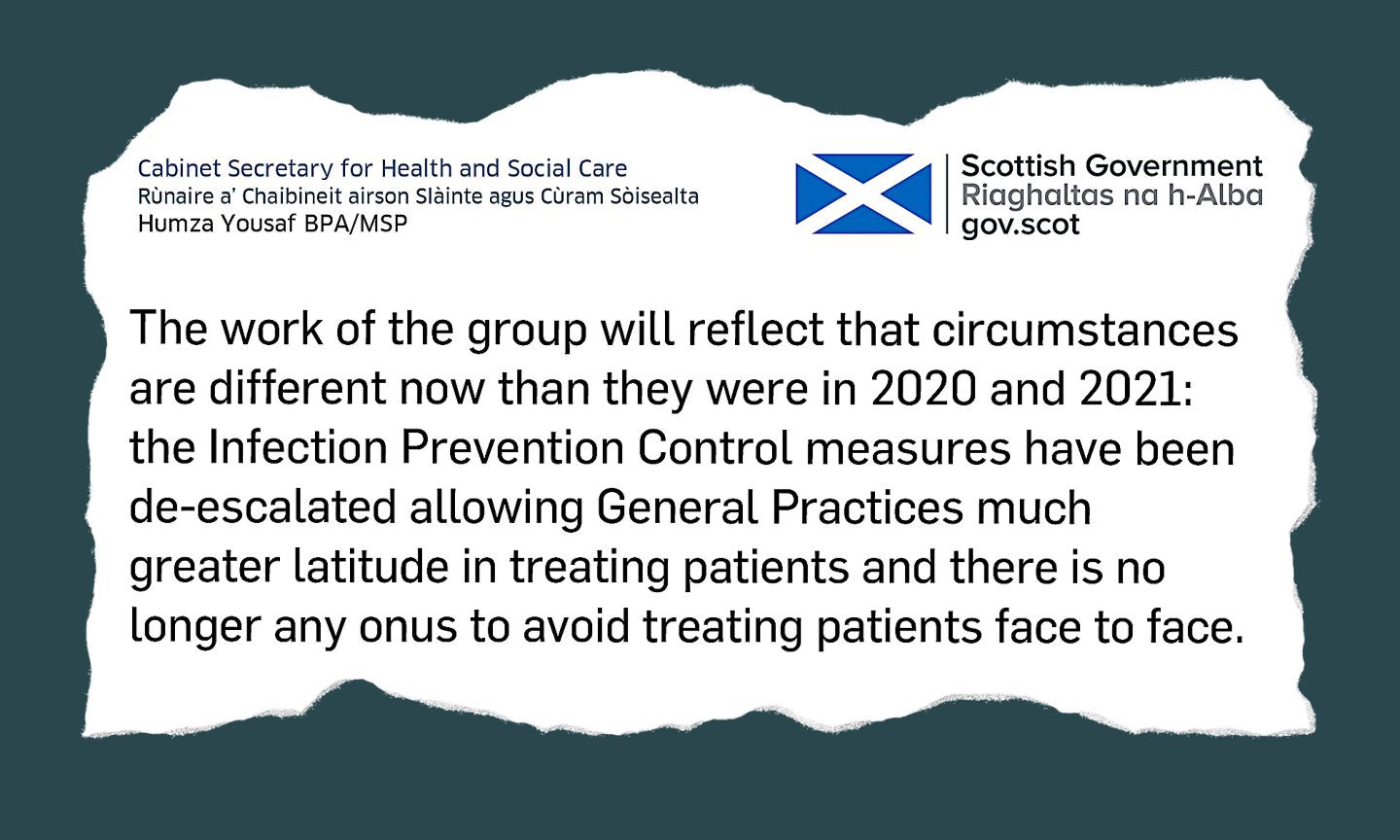
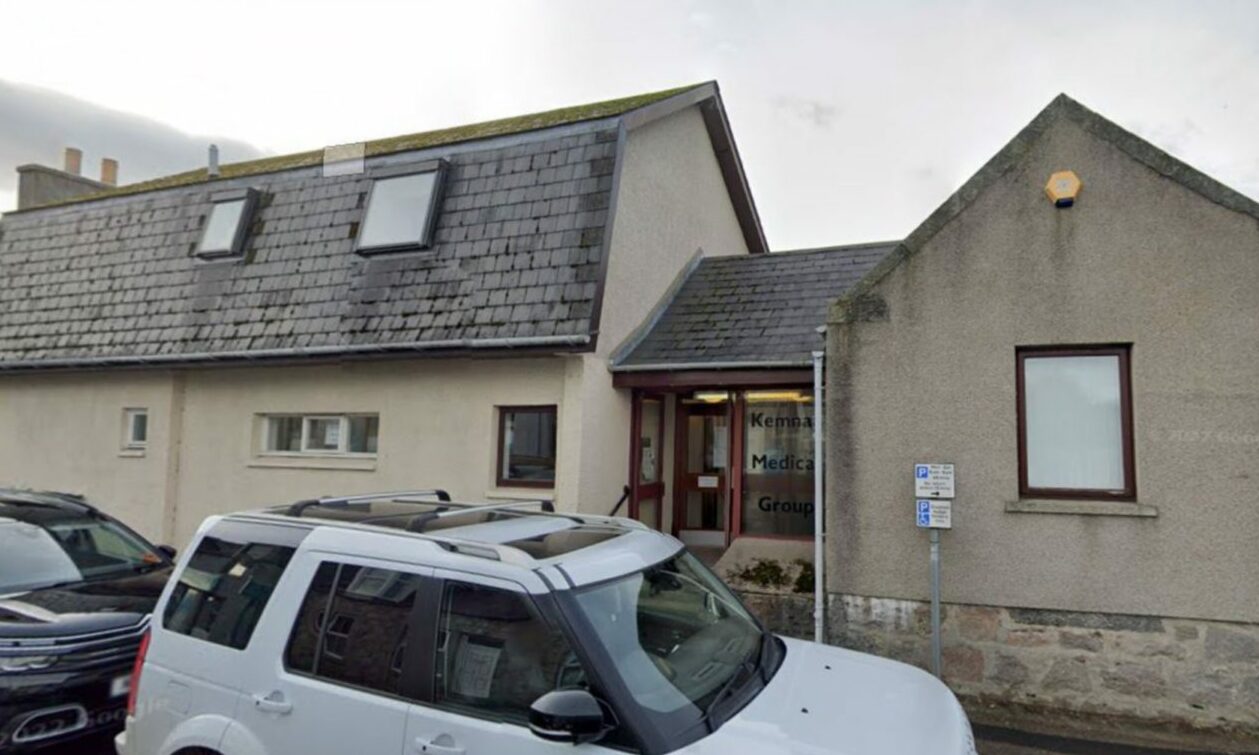
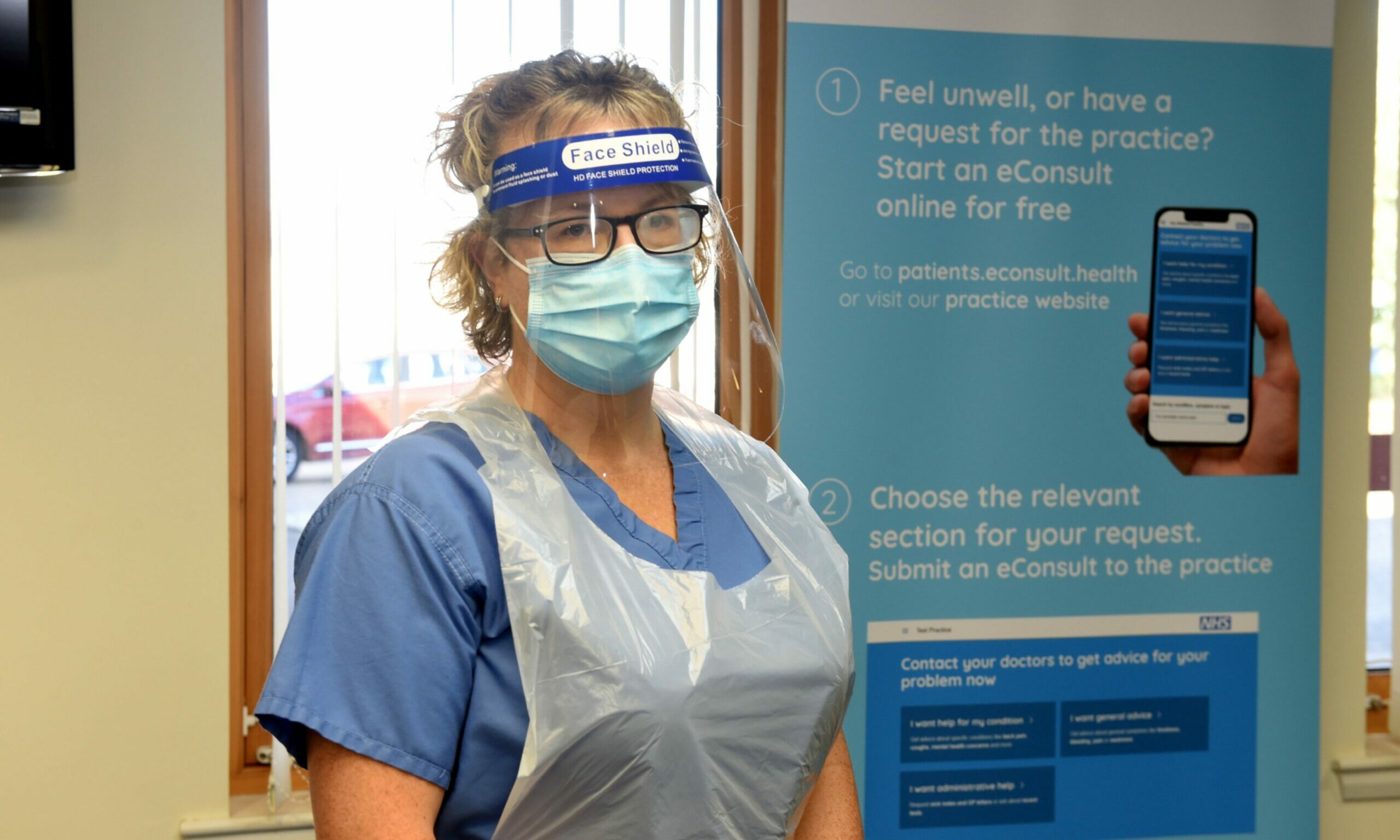
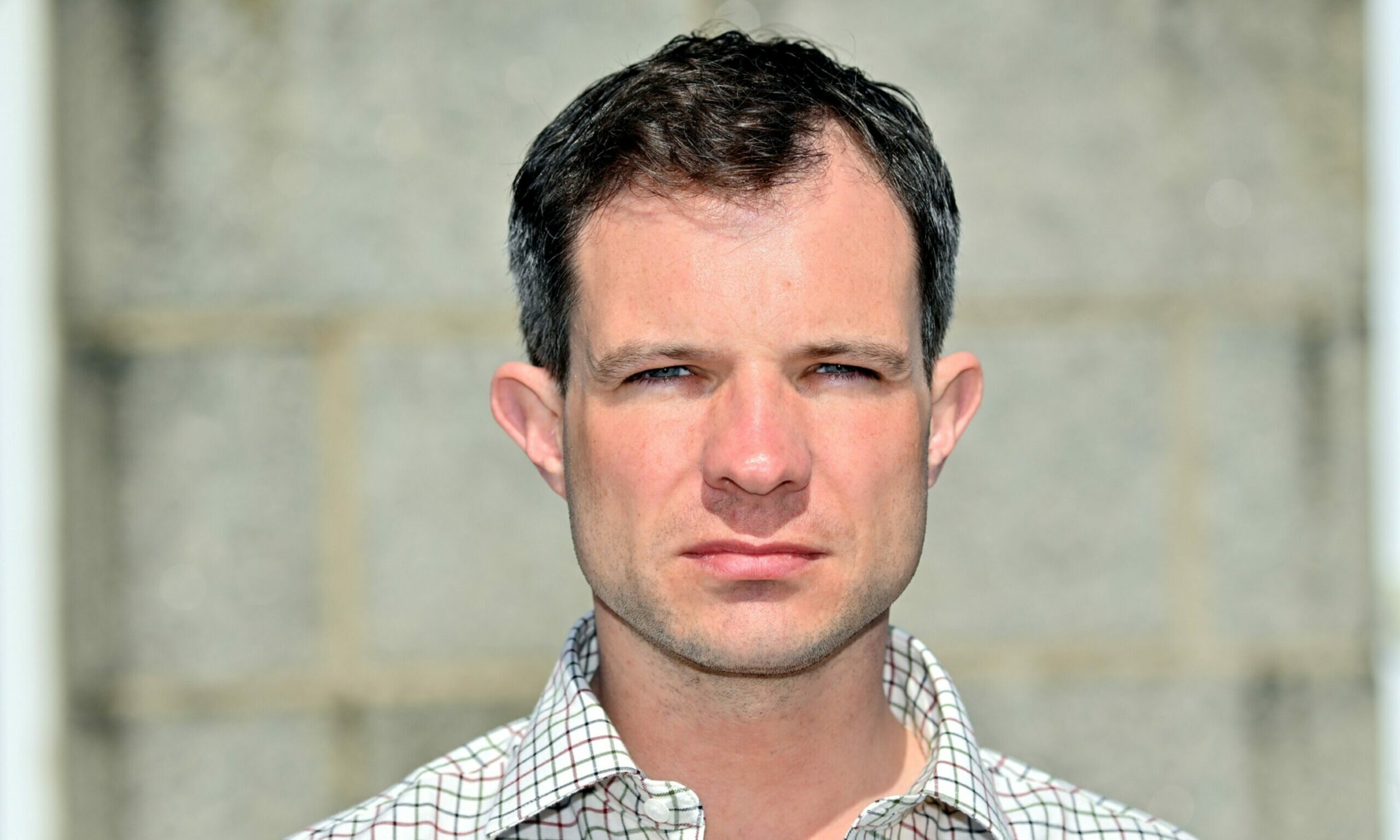
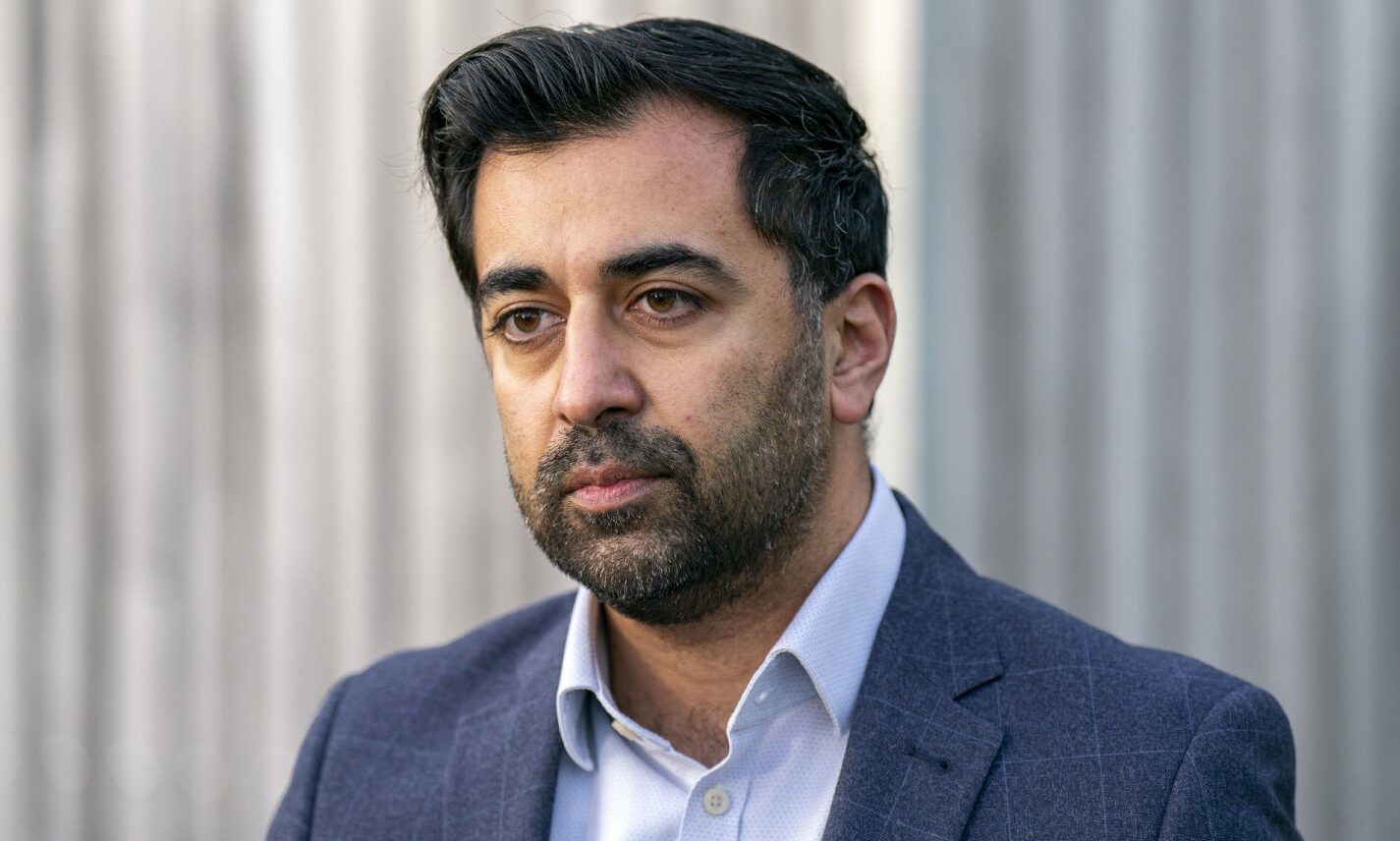
Conversation